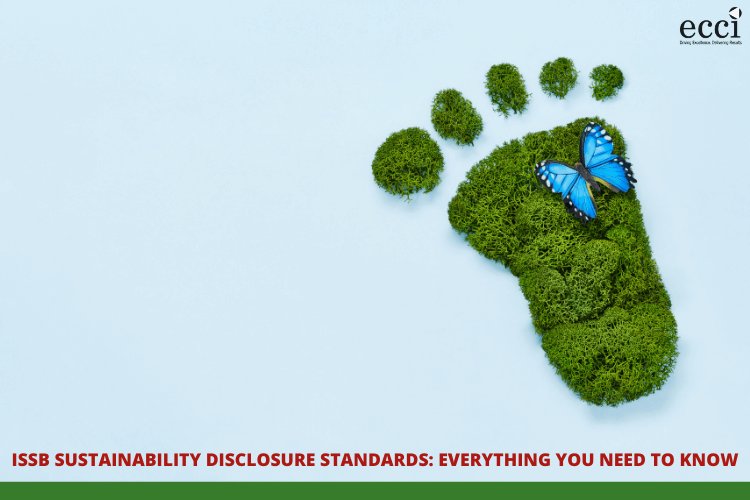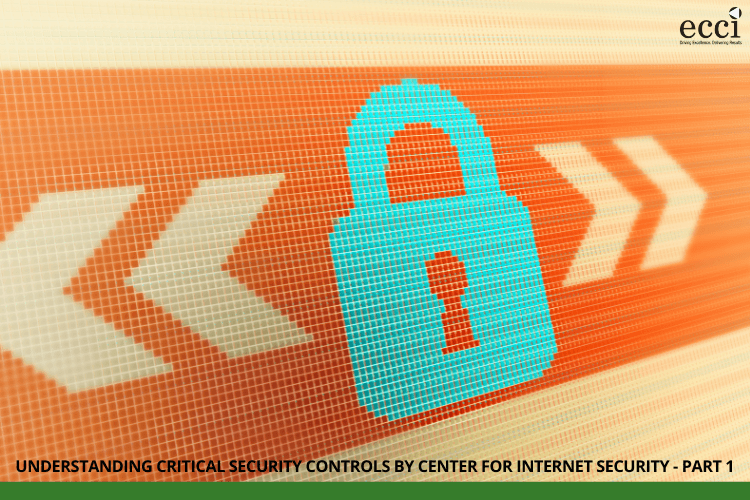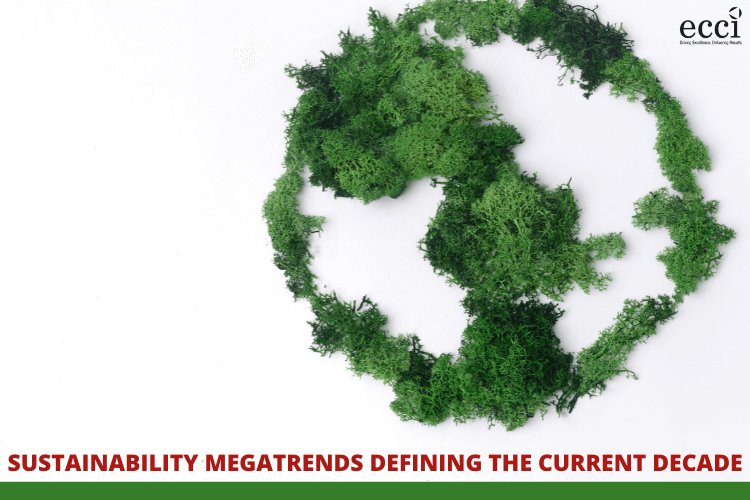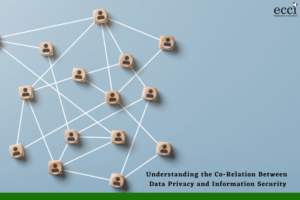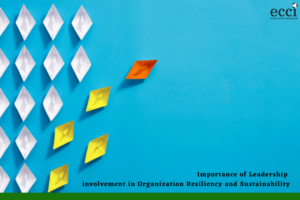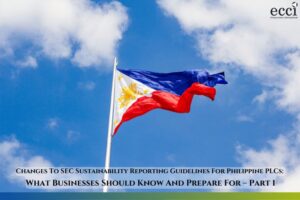One of the major challenges for organizations navigating the sustainability reporting landscape is the lack of standardization.
Without a universally accepted framework, companies find it difficult to align their reporting practices, resulting in inconsistencies in data collection, measurement, and disclosure. This lack of standardization also makes it challenging for stakeholders to assess and compare the performance of companies accurately.
The International Sustainability Standards Board (ISSB) standards set out to address this problem in the market. In June this year, the ISSB released its first global sustainability disclosure standards.
This crucial milestone will make sustainability data more reliable, measurable, and comparable, and organizations will finally have a common language to speak when it comes to Environmental, Social, and Governance (ESG) reporting.
But what is the ISSB? And what do the new ISSB Standards entail?
In this blog post, we’ll discuss what the ISSB is, its standards, the benefits and adoption of the ISSB Standards, how to adopt these standards in your organization, and ISSB’s collaboration initiatives.
So, are you ready to dive in? Let’s go!
What is the ISSB?
The International Sustainability Standards Board (ISSB) is a standard-setting body that creates and develops sustainability-related financial reporting standards. It was established by the International Financial Reporting Standards (IFRS) Foundation in 2021 in response to market demand from investors, companies, and international policymakers for a global sustainability disclosure standard.
The IFRS Foundation is a non-profit organization that develops global accounting and sustainability disclosure standards. Up until 2021, the Foundation consisted of just one board called the International Accounting Standards Board (IASB).
However, at COP26, it announced that it had created a brand new board – the ISSB, which would “lay the technical groundwork for a global sustainability disclosure standard-setter for the financial markets…”.
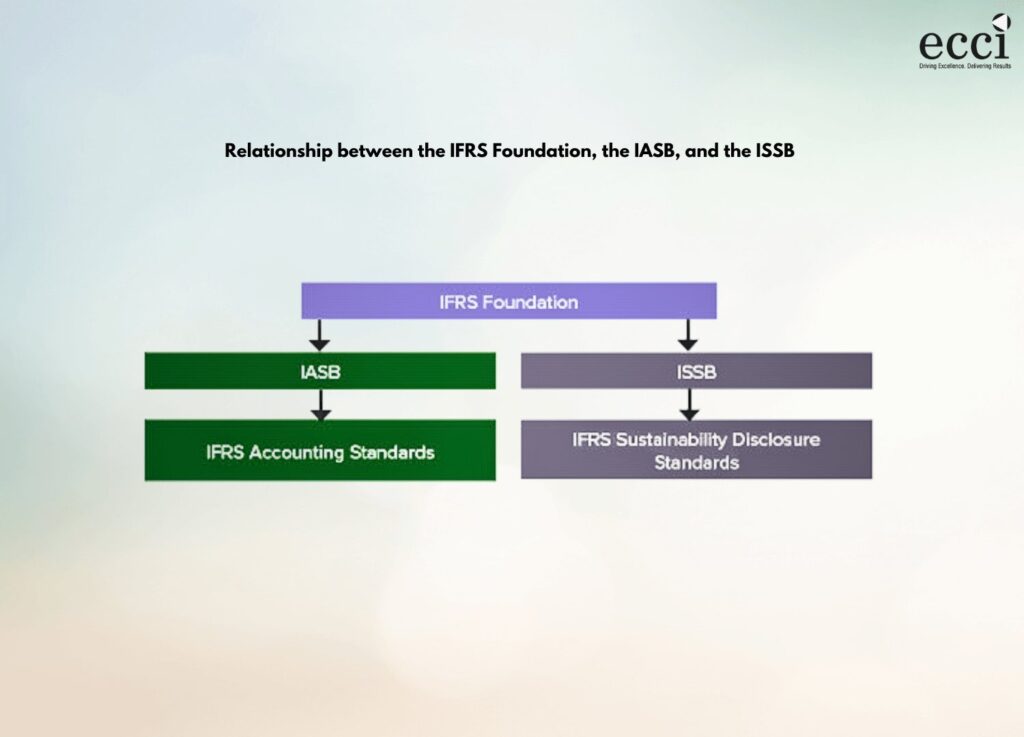
It marked an exciting development because these standards would simplify the sustainability reporting process, guide companies away from inconsistent and confusing reporting standards, and also prevent double reporting. Additionally, it would make sense of perplexing acronyms such as GRI, SASB, and TCFD.
ISSB sustainability disclosure standards overview
The ISSB Standards are a set of sustainability disclosure standards developed by the ISSB, with the objective of creating a comprehensive global baseline of corporate sustainability reporting.
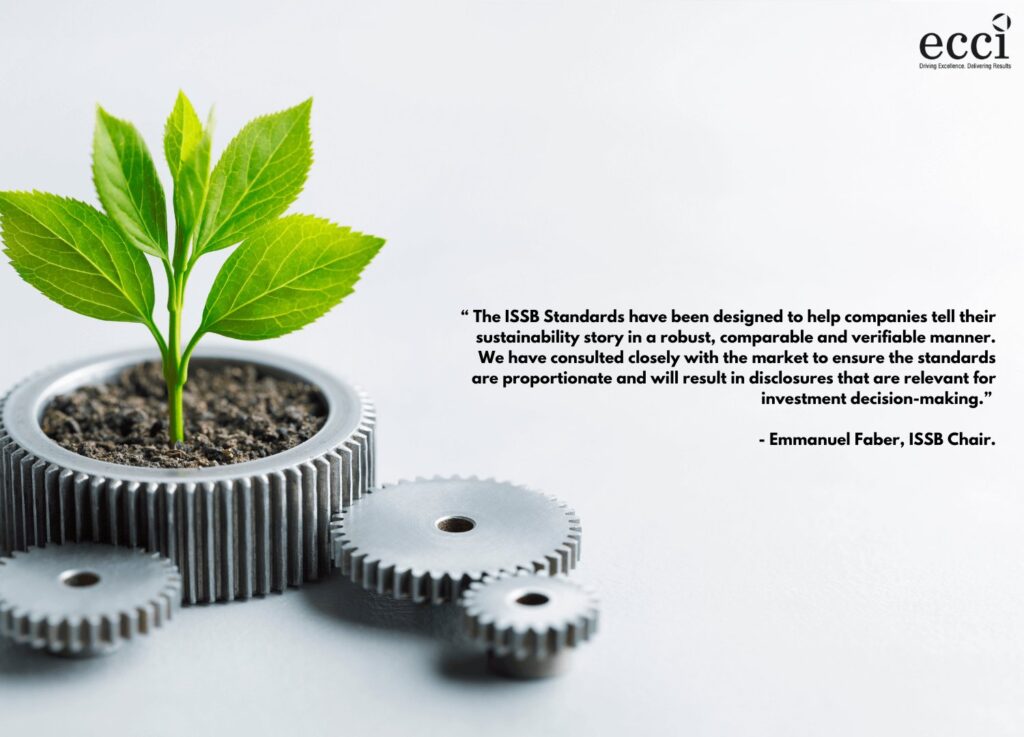
The first two ISSB Standards issued in June are IFRS S1 and IFRS S2.
- IFRS S1 General Requirements for Disclosure of Sustainability-related Financial Information: This standard requires organizations to disclose information about any significant sustainability-related risks & opportunities that could be weighed by primary users of general-purpose financial reporting. Such disclosure would help people to assess a company’s exposure to sustainability risks and identify opportunities for investment.
- IFRS S2 Climate-related Disclosures: This standard focuses on the specific requirements for identifying, measuring, and disclosing climate-related financial information.
Both these standards consolidate and build upon existing frameworks and standards such as the Climate Disclosure Standards Board (CDSB), Sustainability Accounting Standards Board (SASB), Task Force for Climate-related Financial Disclosures (TCFD), Integrated Reporting Framework, International Accounting Standards Board (IASB) and the Greenhouse Gas Protocol.
They set out requirements that are built on the 4 pillars of the TCFD recommendations – governance, strategy, risk management, and metrics and targets.
Through the ISSB’s extensive consultation process, these standards have built strong support from business sectors, governments and regulators, and others around the world, including the International Organization of Securities Commissions (IOSCO), G20, the Financial Stability Board, and the G7 leaders.
Benefits of the ISSB Standards for investors and companies
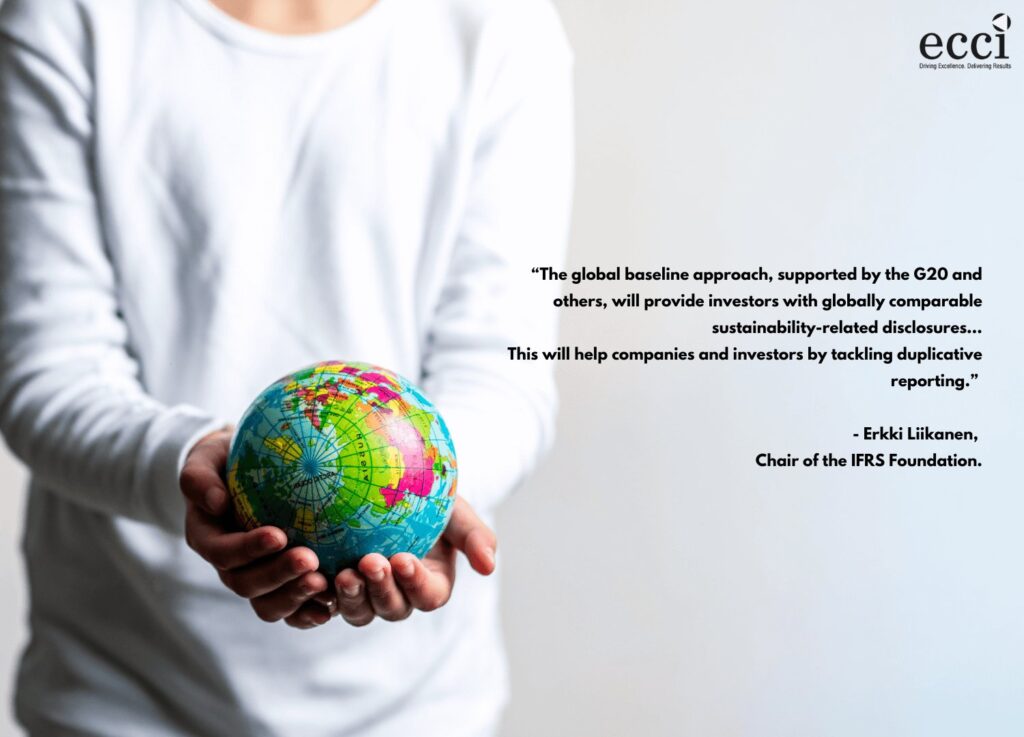
The significance of the ISSB Standards for investors cannot be overstated. Bridging a longstanding gap in the market, these standards offer investors access to robust, comparable, and verifiable sustainability information about organizations, empowering them to make well-informed investment-related decisions.
The ISSB Standards are poised to offer four key benefits for investors:
1. Consistency and comparability
2. Informed decision making
3. Better risk assessment
4. Improved transparency and accountability
These key benefits will help investors avoid costs associated with the inefficiencies of manual data collection, management, and analysis of sustainability-related financial disclosures. Additionally, this may help them in managing their financed emissions.
The ISSB also expects organizations that apply its standards to benefit from using a global disclosure baseline.
The standards are likely to enhance interoperability for companies across various sustainability reporting frameworks and jurisdictions, helping companies streamline their sustainability reporting processes.
They are also likely to enhance data quality, which is expected to have a positive effect on governance, strategy, access to capital, reputation, and employee and stakeholder engagement.
Adoption of the ISSB Standards
The ISSB has been actively working to facilitate the widespread adoption of its standards, starting with the establishment of the Transition Implementation Group (TIG) in September this year.
The main aim of the TIG is to offer a public forum for any stakeholder to share implementation questions with the ISSB and to follow the discussion of those questions. These discussions will help the ISSB determine the necessary action needed to address the implementation questions.
Then, the ISSB Partnership Framework for Capacity Building (Framework) was launched at the COP 27 climate summit in November 2022. The framework is designed to support investors, companies, and other stakeholders as they prepare to use the ISSB Standards.
The Foundation also has recently launched a knowledge hub to support the use of the ISSB Standards from next year. The hub went live at COP28’s Climate Action Day and includes content developed by the Foundation and 100+ resources developed by third-party organizations.
Through these initiatives, the Foundation seeks to empower businesses and regulatory bodies with the knowledge and skills essential for effective standard implementation.
The Foundation said the ISSB will continue to work with jurisdictions that wish to require incremental disclosures beyond the global baseline.
The Philippines has already expressed its intention to adopt these standards, signifying the country’s commitment to aligning with international best practices and improving transparency in sustainability reporting.
The Philippine Sustainability Reporting Committee (PSRC) is currently evaluating the standards for local adoption. Once the evaluation is completed, the PSRC or the FSRSC (Financial and Sustainability Reporting Standards Council) is expected to issue local adoption guidance and conduct activities that will assist local entities in adopting and applying the ISSB Standards.
How to adopt the ISSB Standards in your organization?
Adopting the new ISSB Standards for sustainability reporting can seem a daunting task, but with the right approach and commitment from all parts of the organization, it can become a valuable opportunity to improve your sustainability performance and provide greater transparency to your stakeholders.
Here are the key steps for adopting the ISSB Standards in your organization.
Step 1: Familiarize yourself with the standards
The first step in adopting the ISSB Standards is to understand them thoroughly.
The standards, available on the IFRS Foundation’s website, provide detailed guidance on what information should be provided and how to submit it.
It is crucial to take the time to read and understand these standards before implementing them.
Step 2: Assess your existing sustainability reporting practices
Before you can start reporting according to the ISSB Standards, it is important to understand where your organization stands in terms of sustainability.
This involves conducting a detailed assessment of current operations, identifying areas where your organization is already taking steps to improve sustainability and areas where there is room for improvement.
Step 3: Collect all the necessary information
Once you understand the standards and have a clear picture of the current situation of your organization, the next step is to collect the information required by the standards.
This process may require collaboration from various parts of your organization, from finance to operations, and may involve both the collection of new data and the reassembly of existing data.
Step 4: Prepare and present the data
Once the information has been collected, it is time to prepare and present it in accordance with the ISSB Standards.
You might either have to create new reports or adapt existing reports to ensure that they comply with the ISSB’s requirements.
Additionally, you should make sure that the information is clear, transparent, and easy to understand for the stakeholders.
Step 5: Stay informed and engage in continuous improvement
When adopting the ISSB Standards, remember to regularly review and update the data provided to ensure that it remains relevant and accurate. This also provides you the opportunity to identify and address areas for improvement, contributing to greater sustainability over time.
As a constantly evolving body, the ISSB can review and revise its standards to reflect changes in the sustainability landscape. So, it’s important to stay informed of these updates to make sure that your organization remains compliant with the latest standards.
ISSB’s collaboration initiatives
The IFRS Foundation is working with various global and local organizations to hasten the readiness of jurisdictions for the adoption of the ISSB Standards. Some of its partners include:
- CDP (formerly the Carbon Disclosure Project)
- GRI
- Deloitte
- EY (Ernst & Young)
- ACCA (Association of Chartered Certified Accountants)
- IFAC (International Federation of Accountants)
- KPMG International Limited
- UNDP (United Nations Development Programme)
- UNEP-FI (United Nations Environment Programme–Finance Initiative)
- WBCSD (World Business Council for Sustainable Development) CFO Network
You can find the full list of ISSB’s partners here.
Conclusion
With its innovative sustainability disclosure standards, the ISSB is changing the way companies and investors understand and deal with sustainability.
Since its inception, it has worked to provide a globally consistent framework to enable organizations to effectively report on their sustainability impact, helping investors and other stakeholders to make informed decisions.
Adopting the ISSB Standards can be a challenging process for companies. However, by clearly understanding the standards and their double materiality, organizations can navigate this new sustainability landscape and take advantage of the opportunities it offers.
ECCI stands as a dedicated partner for companies navigating the intricate terrain of sustainability reporting. With our decade-long experience in assisting companies on their sustainability reporting journey, we are poised to assist companies in adopting and navigating the new ISSB Standards.
Our range of services spans from crafting sustainability strategies and stakeholder engagement to materiality assessments and organization-wide awareness & e-learning. We are committed to guiding you through every step, whether you are just starting your sustainability reporting journey or seeking to enhance your existing practices. So what are you waiting for? Contact us today!
To start your journey, simply get in touch with us and enjoy a free advisory session. Visit our webpage for more information on how we can help you.

